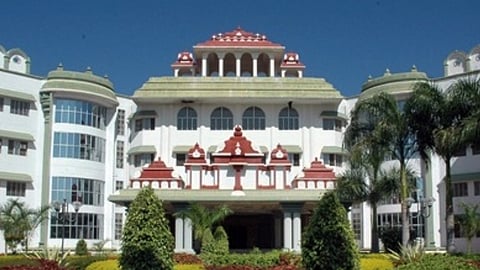The Madras High Court has ruled against permitting ritual animal sacrifices at the Sikkander Dargah located on the sacred Thiruparankundram hillock which also houses the Hindu rock-cut cave temple Arulmigu Subramaniya Swami Temple [S Paramasivam v. District Collector and connected cases].

